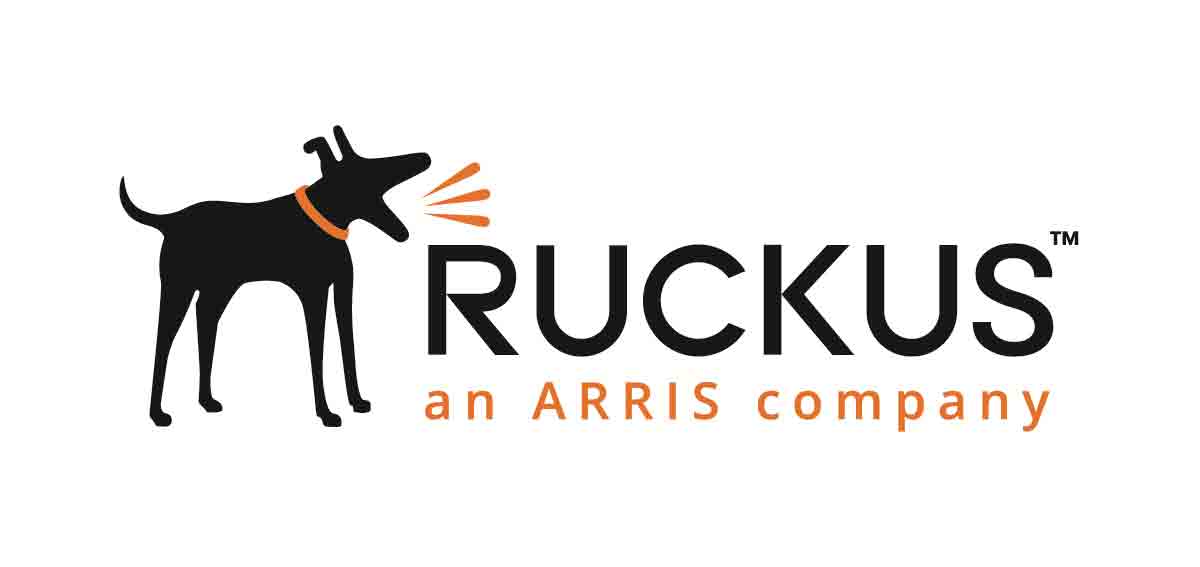Ready to Raise a Ruckus in CBRS Band, Internet of Things

The smarter way to stay on top of broadcasting and cable industry. Sign up below
You are now subscribed
Your newsletter sign-up was successful
WHY THIS MATTERS: Ian Whiting, the new chief of Arris-owned Ruckus Wireless, plans to stick to the same strategic course.

As the incoming head of ruckus networks, the wireless/mobile-focused company that’s now part of Arris, Ian Whiting said he expects to stay the course and avoid any sudden adjustments to the company’s product and service strategy.
“I don’t anticipate needing to make any changes to strategy,” said Whiting, who, on July 1, officially becomes president of Arris’s Enterprise Networks unit, which includes Ruckus.
Of course, Whiting, formerly Ruckus’s chief strategy officer, has had a big role in setting those plans. He has been working closely with Dan Rabinovitsj — the person he’s succeeding — on forging them, as well as in the integration that followed Arris’s acquisition of Ruckus late last year.
“I think we share the same view of where we fit into the industry,” Whiting said. “That’s the plan — to stick with it.”
He said the general plan is for Ruckus to continue to focus on its key, traditional verticals, expand on the service provider market and broaden the international scope of its business. That also means keeping a good thing going: The relatively new Enterprise unit of Arris pulled in a better-than-expected $170 million in the first quarter of 2018.
But it also means that Ruckus Networks plans to take on a bigger role in other areas, including the growing Internet of Things market, edge computing and the opportunities presented by the CBRS (Citizens Broadband Radio Service) band, an emerging, shared swath of spectrum that’s poised to power a new mix of private LTE networks while also factoring into the mobile and wireless network strategies of cable operators that are eager to offload some of the costs tied to their network service agreements.
The smarter way to stay on top of broadcasting and cable industry. Sign up below
Plugging in to CBRS

Comcast and Charter Communications, which have agreements in place with Verizon Wireless, have already started CBRS trials. Altice USA, which expects to launch a mobile service using its Sprint partnership, has plans underway to conduct CBRS trials this year.
The CBRS sector is in the early adopter stage as the FCC and other agencies iron out rules for the spectrum. It’s also “building quite a head of steam,” Whiting said, noting that Ruckus is involved in more than two dozen trials, including some with revenues attached to them.
Arris, he added, has been required to put more resources into that as it responds to demand from customers that are pushing ahead on trials and proof-of-concept deployments, including some early paid opportunities. CBRS is also enabling Ruckus to enter new markets, Whiting said.
However, Whiting believes that the IoT market presents the nearer-term opportunity, as Ruckus has already begun to ship IoT gateway products.
Whiting said Ruckus is also positioned to jump on the market for 802.11ax, a new version of the WiFi standard that’s designed to handle denser, higher-capacity networks than those WiFi networks that have come before it.
For Ruckus, WiFi upgrades have historically given the company a significant lift as customers deploy not just new access points with the new radios, but likewise back them up with updated network switching gear. In addition to acquiring Ruckus from Broadcom, Arris also acquired a complementary ICX Switch business.
Although much of the mobile and wireless discussion tends to focus on the U.S. and Western Europe, Whiting said Ruckus is also keeping tabs on opportunities in emerging markets, such as India, the Philippines, and Africa, where investments are being made in WiFi access and other basic infrastructure.
